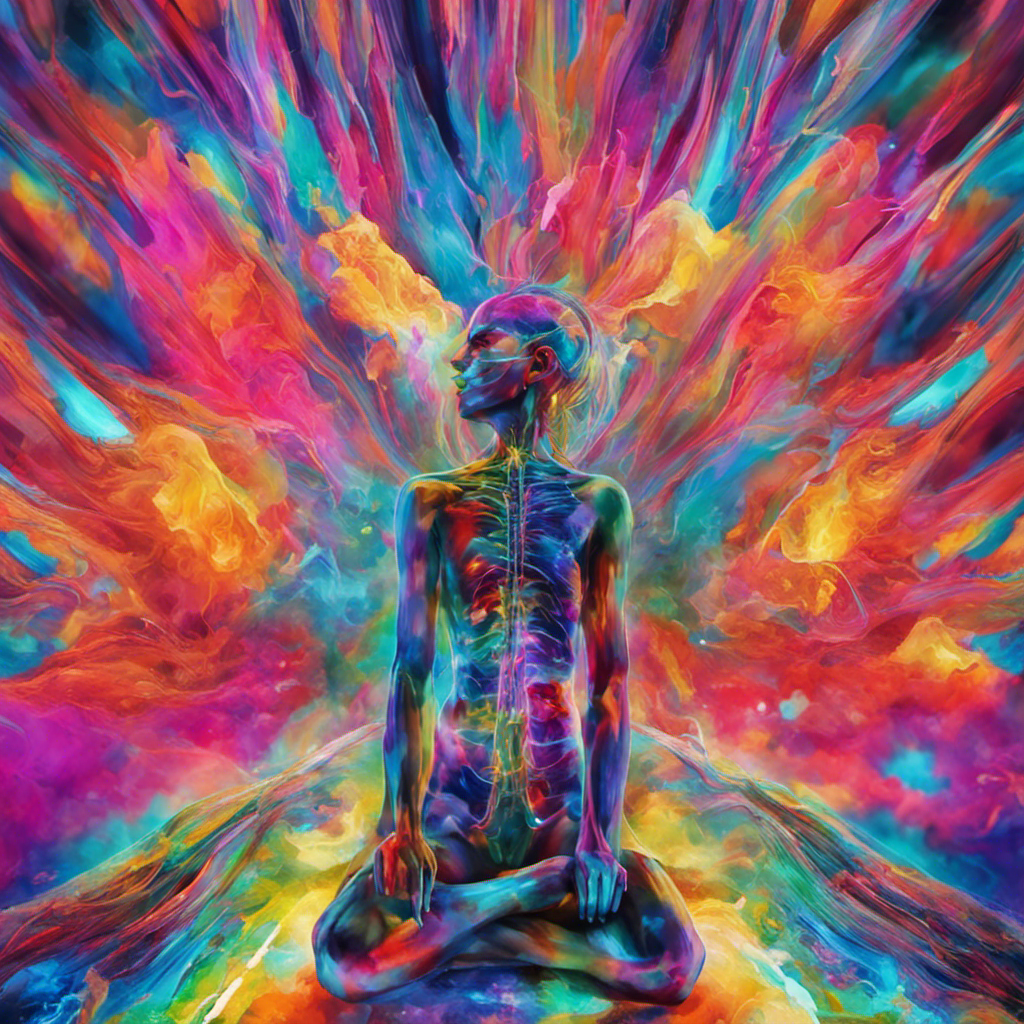
Ketamine-assisted therapy (KAT) combines ketamine, a dissociative anesthetic with rapid-acting antidepressant effects, and psychotherapy to provide an integrated therapeutic approach for mental health disorders. When ketamine is administered in conjunction with a live therapist, several benefits can be observed:
- Enhanced therapeutic alliance: A live therapist during KAT helps build trust and rapport between the patient and therapist, creating a supportive and safe environment to facilitate psychological growth and healing (1).
- Guided exploration of emotions and experiences: The dissociative effects of ketamine can lead to a deeply reflective state, allowing patients to confront and process painful feelings or memories. A live therapist can provide guidance and support during this process, helping patients better understand and integrate these experiences into their ongoing therapeutic work (2).
- Personalized treatment: A live therapist can tailor the sessions to address each patient’s unique needs and goals, ensuring that the ketamine experience is productive and beneficial to the individual’s overall mental health (3).
- Enhanced emotional support: The presence of a live therapist during KAT provides patients with immediate emotional support and reassurance, mitigating potential anxiety or fear associated with the dissociative effects of ketamine (4).
- Integration of insights and experiences: Post-ketamine therapy sessions with a live therapist help patients integrate the insights and experiences gained during the ketamine session into their daily lives, promoting long-lasting therapeutic change (5).
- Improved treatment outcomes: Research suggests combining ketamine with psychotherapy may result in better treatment outcomes for patients with mental health disorders, such as depression and PTSD, compared to ketamine or psychotherapy alone (6).
In conclusion, ketamine-assisted therapy with a live therapist offers several benefits, including enhanced therapeutic alliance, guided exploration of emotions and experiences, personalized treatment, enhanced emotional support, integration of insights and experiences, and improved treatment outcomes. The combination of ketamine and psychotherapy has shown promising results in treating mental health disorders like depression and PTSD, and ongoing research continues to explore the potential of this integrated approach for a broader range of conditions.
Dore, J., Turnipseed, B., Dwyer, S., Turnipseed, A., Andries, J., Ascani, G., … & Mennenga, S. (2019). Ketamine Assisted Psychotherapy (KAP): Patient Demographics, Clinical Data, and Outcomes in Three Large Practices Administering Ketamine with Psychotherapy. Journal of Psychoactive Drugs, 51(2), 189-198. https://www.tandfonline.com/doi/full/10.1080/02791072.2019.1587556
Feder, A., Parides, M. K., Murrough, J. W., Perez, A. M., Morgan, J. E., Saxena, S., … & Charney, D. S. (2014). Efficacy of intravenous ketamine for treatment of chronic posttraumatic stress disorder: a randomized clinical trial. JAMA psychiatry, 71(6), 681-688. https://jamanetwork.com/journals/jamapsychiatry/fullarticle/1860851
Ryan, W. C., Marta, M., & Koek, R. J. (2019). Ketamine and depression: A review. International Journal of Transpersonal Studies, 38(2). https://digitalcommons.ciis.edu/ijts-transpersonalstudies/vol38/iss2/7